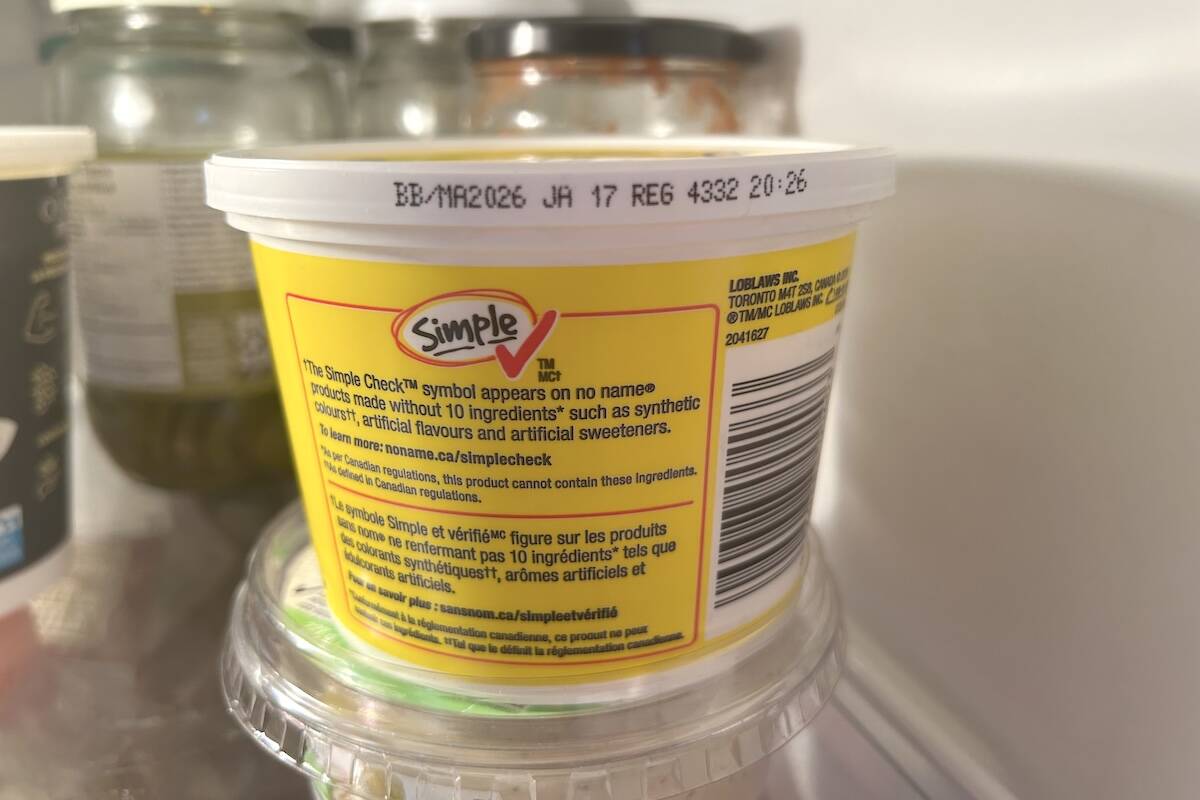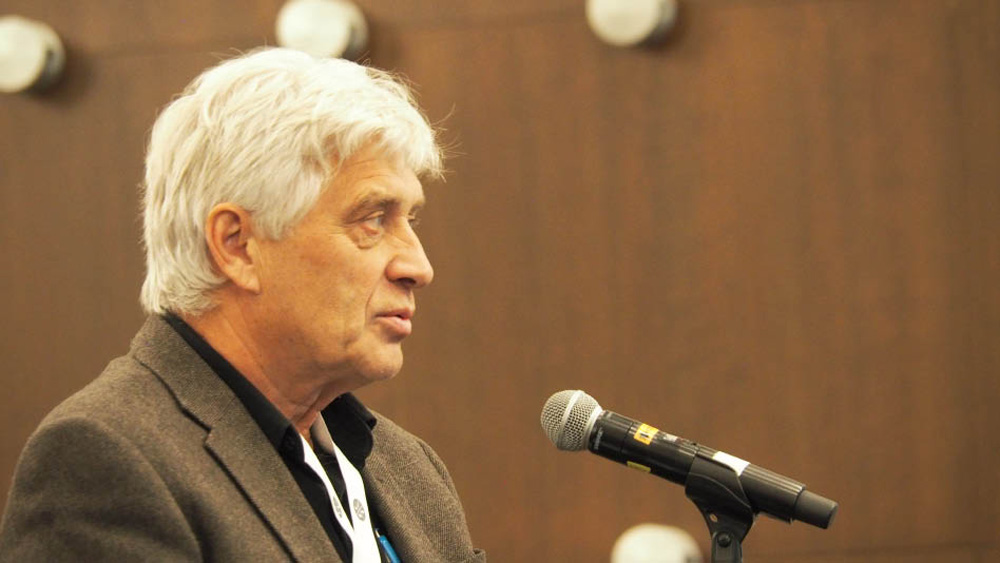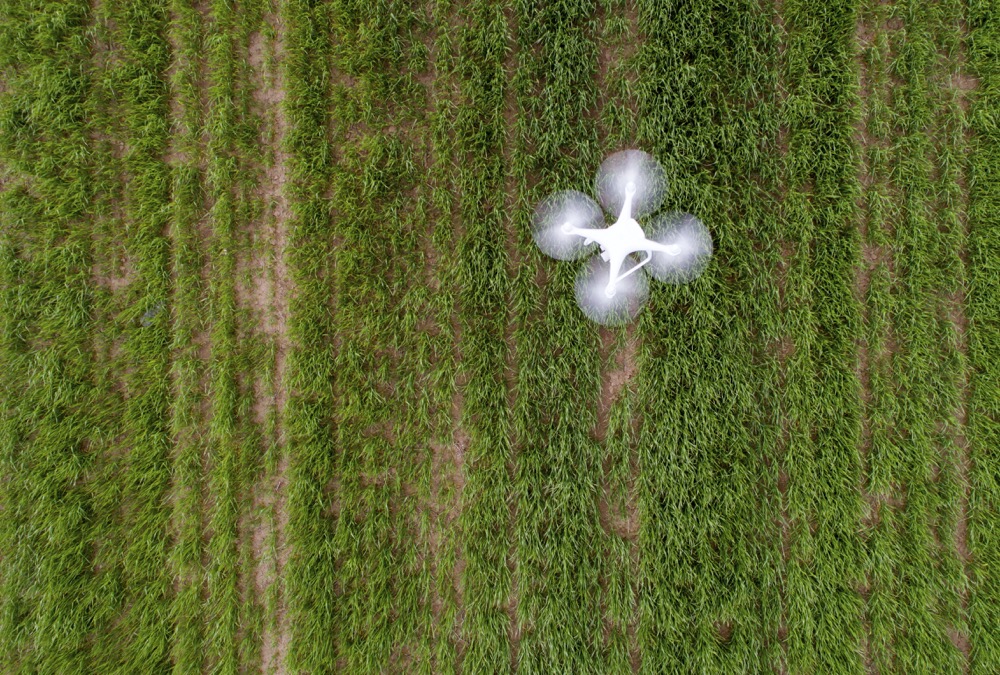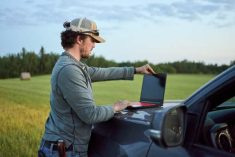Keystone Agricultural Producers (KAP) is looking to broaden Pest Management Regulatory Agency (PMRA) rules surrounding drones in research.
Currently, the PMRA mandates that drones can only be used for spraying herbicides and pesticides if that usage is clearly displayed on the product label. The problem is that very few product labels have been amended and approved by PMRA.
At the KAP AGM on January 25, a resolution to lobby the PMRA to amend its regulations to become more flexible when it comes to research drones was among the five resolutions on the agenda for the meeting.
Read Also

Best before doesn’t mean bad after
Best before dates are not expiry dates, and the confusion often leads to plenty of food waste.
The resolution was introduced by District 3 KAP member Reg Dyck, who also spoke to the resolution at the meeting.
Dyck said the genesis of the resolution comes from a crop tour he was on last summer.
“The people running one of the projects were telling us that they had a problem when they were using drones for research purposes,” he said. “They could only put water in the drone because they couldn’t go off-label. It was restricting the research they were doing.”
Dyck said that in the U.S., it’s a different story.
“It’s mostly wide open in most of the states; if it’s registered to spray by air, you can spray it with a drone,” he said.
“This technology is coming — it’s here already, and it’s moving really fast,” said Dyck. “We know there are drones out there. We know that people spray with them. I saw people in Brandon selling drones. And yet, we can’t even get research done.
The resolution was carried.

Another resolution, moved by David Rourke from District 1, sought to lobby the governments of Canada and Manitoba to ensure renewable diesel is prioritized for use in agriculture.
“Food companies are making net-zero pledges, so there’s more pressure to cut emissions. One of the ways that we can do that is by using renewable diesel,” said Rourke. “It’s essentially used exactly the same and has the same characteristics as diesel. I think we should have a priority in agriculture to be the first in line to use it.”
After Rourke’s comments, a lively debate ensued.
District Six delegate Charles Fossay said it’s not really a problem with who gets it first; it’s a problem of infrastructure.
“The big roadblock here right now is that down in the States, they have built dozens of plants to start processing renewable diesel, but here in Canada, we are building crushing plants to increase the amount of canola oil that can be used in these renewable diesel products, but we don’t have the refineries,” said Fossay, adding that the real effort should be to encourage the Government of Canada to provide stimulus to get more refineries built. “Otherwise, we’re just going to be exporting either canola seed or canola oil to the U.S. and then bringing the product back into Canada.”
Scott Melvin of District Two pointed out that it was an interesting proposition because farmers are both producers and consumers of this particular product, but he wondered how much difference it would make to the big picture.
“We only have one atmosphere, and who’s actually burning the product that we’re producing is really not relevant as to how much pollution is caused,” said Melvin.
But ultimately, the delegates were swayed by Rourke’s arguments, and the resolution was carried.
Dennis Thiessen of District Four brought forth a resolution, ultimately passed, to lobby the province to prioritize the reconstruction of a bridge over the Manning Canal on PTH 11 that was destroyed by fire last year.
Manitoba Pork delegate Marg Rempel, who farms near that bridge, spoke passionately in favour of the resolution. She said concern for the closure of that highway extends beyond that one bridge.
“The next bridge crossing to the north is also closed because it is inoperable. The bridge on the canal two miles to the southeast was destroyed by arson in 2018 and remains closed to this day. The next bridge down the canal after that has a 13-metric-ton load limit on it. So basically, it is limited to passenger vehicles, which does not help agriculture,” said Rempel. “You can begin to get a picture of the extent that all of this detouring has on farmers and businesses in our area.”
Another carried resolution dealt with concerns over the lack of conservation officers in certain areas of the province. The resolution moved by District Six delegate Charles Fossay suggested inadequate compensation might be the issue.
“In the northwest part of District Six, there have been a number of offences occurring up there, and there just haven’t been enough conservation officers to enforce the rules around hunting and conservation of animals,” said Fossay. “I am told that a lot of the officers who do get trained here in Manitoba eventually leave to go to other provinces because of higher compensation.”
John Sandborn of District 12 moved that KAP organize a Canadian Grain Act (CGA) summit to review CGA policy and make recommendations that ensure the Canadian Grain Act and the Canadian Grain Commission act in the interest of producers.
“Basically, this is asking KAP and the farmers of Manitoba to join the farmers of Alberta and Saskatchewan that have already approved this,” said Sandborn. “We’re looking at having more consolidation in the grain handling industry. And this resolution is just looking to have a common farm voice.” The resolution was carried.


















